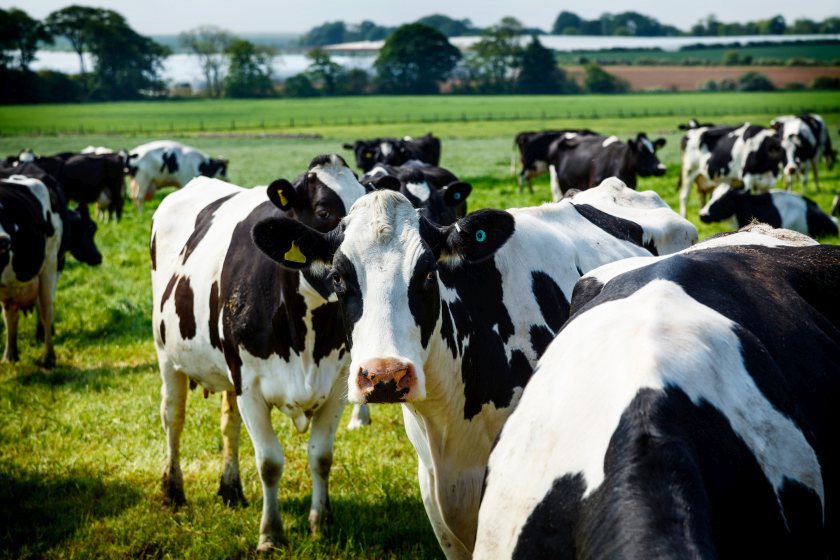
British dairy farmers have warned the prime minister not to 'sell them out' in trade negotiations with the United States, amid fears the sector could be pushed to the brink.
The government is under renewed pressure to hold firm, with industry leaders warning that granting greater US access to the UK market could destabilise domestic farming businesses already under strain.
In a joint letter to Sir Keir Starmer, the NFU and Dairy UK cautioned that opening Britain’s food and drink sector to more American imports risks weakening food security, undermining production standards and jeopardising the profitability of thousands of farms.
The intervention comes ahead of US President Donald Trump’s state visit to Britain this week, alongside the publication of an NFU report setting out stark contrasts between the two countries’ approaches to scale, production systems, animal welfare, environmental standards and use of veterinary medicines.
NFU Dairy Board Chair Paul Tompkins stressed the importance of the industry both to the economy and to public trust.
“British dairy is a huge success story and our ambition to grow the value of our sector is strong, making us natural partners in the government’s growth agenda,” he said.
“What sets our system apart is the weight we place on animal welfare, traceability and environmental care. We have built a reputation of trust and confidence with shoppers… this is something we cannot take for granted.”
Mr Tompkins warned that US farmers operate under “very different constraints,” producing dairy on a vast scale with fewer regulatory obligations.
Allowing cheaper imports produced to lower standards, he argued, would erode consumer confidence and put British producers at a competitive disadvantage.
“It is vital that the UK maintains its existing tariff protections when it comes to critical agricultural sectors,” he added. “The UK cannot continue to barter away domestic food security in pursuit of tariff reductions in other sectors which may never materialise.
“Successive trade deals with New Zealand, Australia and India have already opened our dairy market significantly. The cumulative impact of such deals in a volatile global environment cannot be ignored.”
Dairy UK echoed the NFU’s concerns. Chief executive Dr Judith Bryans emphasised the need for fair and balanced agreements.
“British dairy farmers and processors deliver world-class, nutritious products every day, produced to some of the highest welfare and environmental standards in the world,” she said.
“This success cannot be put at risk by a rushed or unbalanced trade deal that leaves our sector exposed to unfair competition from imports produced under very different conditions.
“If UK dairy is to thrive as part of the government’s growth agenda, and if we are to protect our food security, all future agreements must safeguard consumer confidence and the long-term viability of our farmers and businesses.”
Dairy remains a cornerstone of the UK economy, generating £5.7 billion annually. The sector supports more than 10,000 active farms and, together with processing facilities, sustains around 70,000 jobs nationwide.
